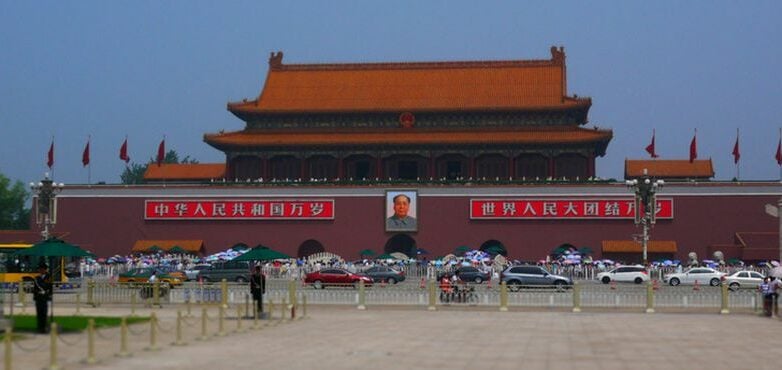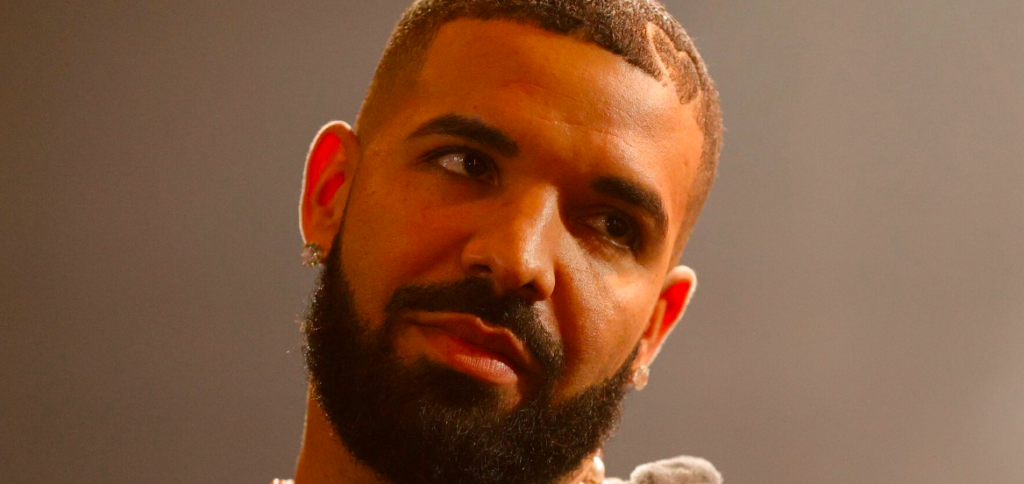Security has been beefed up around Beijing's Tiananmen (Tiananmen) Square, home to the imposing Great Palace of the People, home to the meeting of nearly 2.300 party delegates from all of China's provinces. The place gained prominence around the world due to a tragic event in 1989., when the Chinese army attacked protesters leaving countless dead and injured. To this day, the Chinese government prohibits any mention of the subject.
ADVERTISING
The congress will be held under strict health protocols, as part of Xi Jinping's insistence on pursuing the 'zero Covid' strategy to contain and eliminate the virus within the country.
During the event, which will largely take place behind closed doors, participants will define the nearly 200 members of the party's Central Committee. These, in turn, will designate the 25 members of the Political Bureau and the representatives of the Standing Committee, China's main decision-making body.
“However, in reality, everything has already happened in advance, because the congress does not take place until the factions are in agreement”, sinologist Jean-Philippe Beja told AFP.
ADVERTISING
On the first day, Xi Jinping will give a speech to evaluate his previous term in office and to outline the plan for the next five years. At the 2017 congress, he promeyours a new era for socialism with Chinese characteristics and greater involvement of Beijing with the world. “Openness brings progress, while self-seclusion leaves you behind,” she said. “China will not close its doors to the world, it will become increasingly open,” he added.
Covid isolation
But the script was the opposite of what Xi Jinping advocated. While the rest of the world gradually returned to the situation before the pandemic, Beijing chose to move forward with the 'zero Covid' strategy, with travel restrictions, mandatory quarantines and recurring confinements.
In addition to the inconveniences for the population, the health policy also harmed business. Economic growth slowed and other problems emerged, such as the decline of the housing bubble.
ADVERTISING
“Beijing’s zero-Covid policy has discouraged much-needed investment and failed to win the hearts and minds of young Chinese people, who have suffered most economically and socially,” said Yu Jie of the Asia-Pacific program at think tank Chatham House.
“Many Chinese are concerned about a return to a period of isolation not seen in the country since its opening in the late 1970s,” said Jean-Philippe Beja.
Relations with the United States have worsened even further in the last five years and Xi Jinping's more aggressive foreign policy has provoked disputes with several countries, such as India, Australia or Canada.
ADVERTISING
Western countries criticized the belligerent rhetoric regarding the self-governing island of Taiwan and accused China of human rights abuses, in particular against the Uyghur minority in the Xinjiang region (west of the country).
“President Xi’s precedent-breaking third term does not bode well for human rights in China and around the world,” said Xaqiu Wang, China researcher at Human Rights Watch.
Xi for the rest of his life?
With 96,7 million members, the Communist Party of China is one of the largest political organizations in the world, but its internal mechanisms are opaque. Observers can only try to guess the future composition of the Standing Committee, whose members are at the top of the country's power.
ADVERTISING
Since the 1990s, members of the Political Bureau have generally stepped aside after two terms, but Xi's re-election would break with this tradition. Electing the people who will stand by Xi will be crucial, said Steve Tsang, director of the SOAS China Institute.
“I believe Xi will be careful to send a clear message that no one promoted to the Standing Committee will be a successor at the 21st congress,” he added.
The configuration of the committee will be revealed just one day after the end of the congress. If, as expected, Xi remains as general secretary, he will be confirmed for another presidential term at the annual meeting of China's National People's Congress in March.
Many analysts, however, do not believe this will be his last term. “The uncertainty is absolute,” said political scientist Jean-Pierre Cabestan. “But the promotion of Xi Jinping thought, the restoration of the cult of personality, the importance of his power at the heart of the party leadership, all of this evokes someone who will remain in power for a long time, perhaps for the rest of his life,” he added.
(With AFP)



